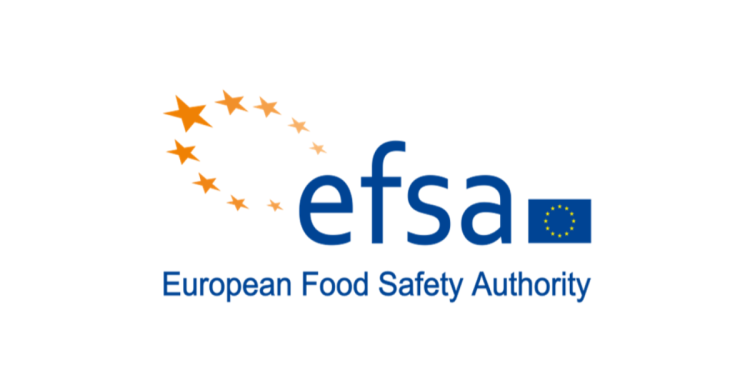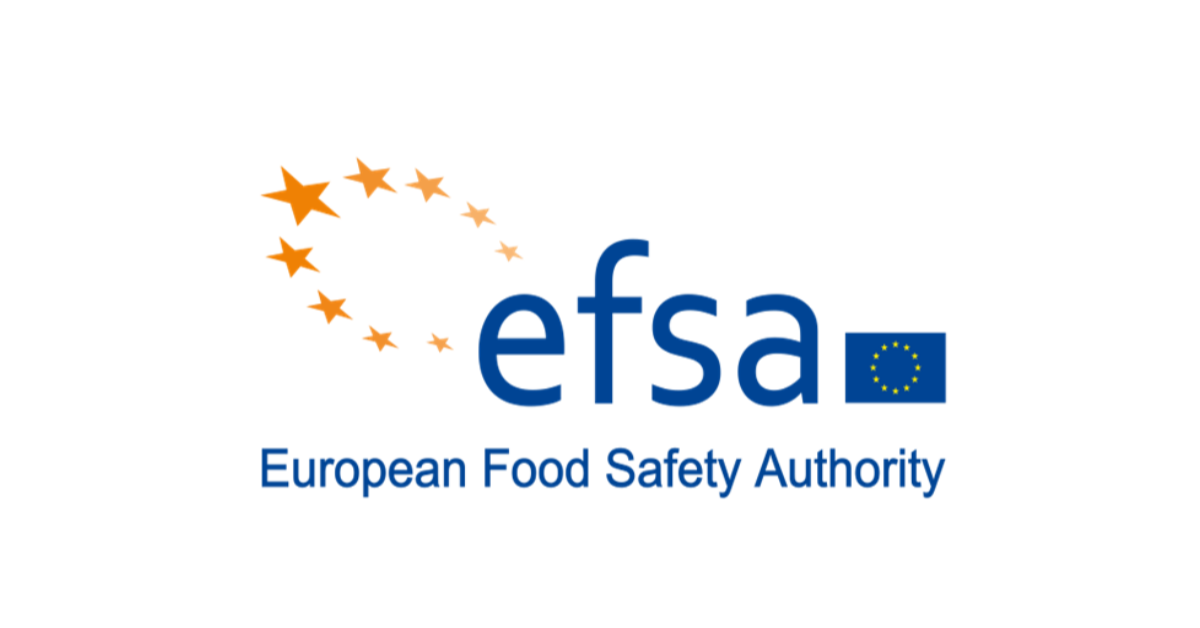The European Commission requested EFSA’s assessment after concerns were raised by German authorities regarding fennel seed products intended for infants.
Fennel seed preparations contain estragole, a naturally occurring compound that is genotoxic (may damage DNAA complex chain-like molecule that carries the genetic material, present in living organisms and some viruses. DNA (deoxyribonucleic acid) is capable of copying itself and carries the instructions for all the proteins used to create and sustain life) and carcinogenic.
EFSA has reviewed the available scientific evidence on preparations of both sweet and bitter fennel seeds, which are commonly used in infusions and other food products such as spice mixes and supplements.
EFSA’s scientists could not establish a safe level of EXPOSUREConcentration or amount of a particular substance that is taken in by an individual, population or ecosystem in a specific frequency over a certain amount of time to estragole based on the available data, concluding that consumption of fennel seed preparations may pose a health risk, particularly for vulnerable groups such as babies, young children, and breastfed infants and fetuses when consumed by lactating or pregnant women.
Preparations where estragole has been removed by manufacturers during the production process or is undetectable are not considered to pose a health risk.
EFSA invites stakeholders, researchers, and members of the public to provide feedback on the draft opinion, available for consultation until 17 September 2025.
Submit your comments here: [Public Consultation: Draft Opinion on Fennel Fruit Preparations]
O artigo foi publicado originalmente em EFSA.




















































